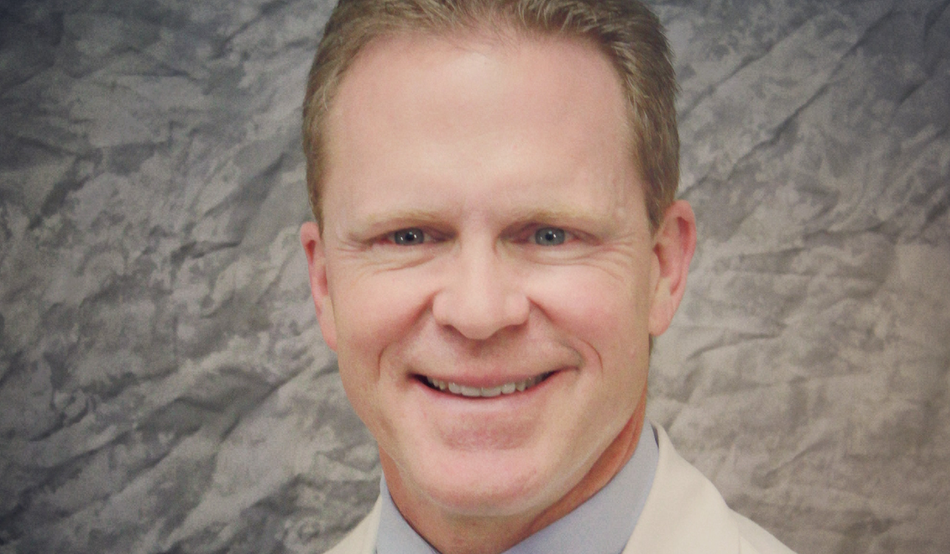Dr Jeffrey Keenan could be forgiven for feeling a certain competitive chagrin after the birth of Thaddeus Daniel Pierce this July. When baby Thaddeus was born, he was technically the “oldest baby in the world”—born from an embryo which had been in storage for more than three decades.
Until then, Keenan and his team at the US-based National Embryo Donation Center (NEDC) had held the record, with twins born in 2022 from embryos created 30 years earlier. But on a video call from his clinic in Knoxville, Tennessee, Keenan says he celebrated Thaddeus’s arrival. “We’re not in this for competition,” he says. “We will share anything with any of our ‘competitors’ if it will get more embryos out of the freezer and into a good home.”
The language is controversial. Right now, there are around 1.5m frozen embryos in the United States. In vitro fertilisation (IVF) is a numbers game, and the easiest way to increase the probability of pregnancy (and keep the cost down) is by creating multiple embryos—sometimes up to 30—during each round. The result is a lot of surplus embryos. For some evangelical Christians, including Keenan, this is ethically unacceptable because life, in their view, begins at conception.
Keenan launched the NEDC in 2003, with the support of the Christian Medical and Dental Associations. Since then, it has facilitated the births of 1,600 children. It says it provides “embryo adoption” services, an idea that its detractors argue with because, legally, embryos are considered property. You can donate them or buy them, but you cannot “adopt” them. Keenan’s opponents say that using the language of adoption around embryos is an example of “foetal personhood”—imbuing an inanimate cluster of cells with human-like characteristics.
Prospective parents must undergo a “home study”, which includes financial screening and, he tells me, an FBI background check. As with many American adoption clinics, they must also meet certain criteria: the clinic only works with heterosexual, married couples.
Why? “Statistically speaking,” says Keenan, children from heterosexual families “tend to do better”. What does he mean by that? “Things like educational attainment, family stability,” he says. “It’s been a few years since I’ve looked at any of those studies, so it’s hard for me to give you details… [but] I do think it’s the best for the children.” (A 2020 Oxford study shows children raised by same-sex parents performed better at school, while a 2015 US study found they were “no worse off” than those with heterosexual parents).
In the US, Keenan’s views on foetal personhood are becoming increasingly mainstream. In 2024, a number of IVF clinics closed after the Alabama Supreme Court ruled that embryos are considered children, and therefore anyone who destroys them could be held liable for “deaths”.
Interestingly, Keenan disagreed with the Alabama ruling: “We know for a fact that all embryos cannot come to birth,” he says. “We owe it to embryos to give them the best chance at life, but that is not the same as calling every embryo a human being.”
What would he make of a hypothetical law forcing IVF patients to donate surplus embryos? He pauses. He says that he tells patients to “follow your own set of personal rules”, and that “I would have to think long and hard about making it a national law.”
This February, Donald Trump signed an executive order promising to make IVF for “loving and longing mothers and fathers” more affordable. In October, the details were unveiled: a weak promise to encourage employers to offer the fertility treatment as part of their health insurance coverage, and an offer to make IVF drugs slightly cheaper.
Keenan seems optimistic about the proposed measures, saying it “keeps a promise, so kudos for that”, though Resolve, the largest infertility campaign group in the US, points out that the announcement “does not deliver” on Trump’s campaign pledge to force insurance companies to cover IVF treatment. But Keenan also says that the order is “short on details about who qualifies” and adds that he is concerned that “it will encourage [doctors] to recommend even more folks to go through IVF”, which will lead to more surplus embryos.
For now, the fight to “save” every embryo goes on. As religious rhetoric ramps up in the US, it feels like Keenan and his evangelical colleagues are winning the ideological battle—and the births of babies like Thaddeus are PR triumphs. The success of his clinic, Keenan admits, takes a lot of hard work, but “I know there’s a lot of divine intervention as well”.












